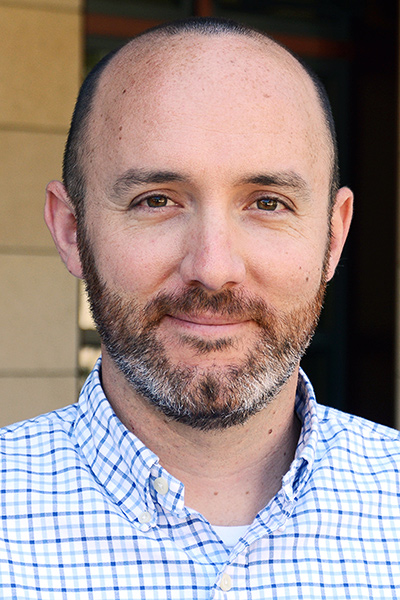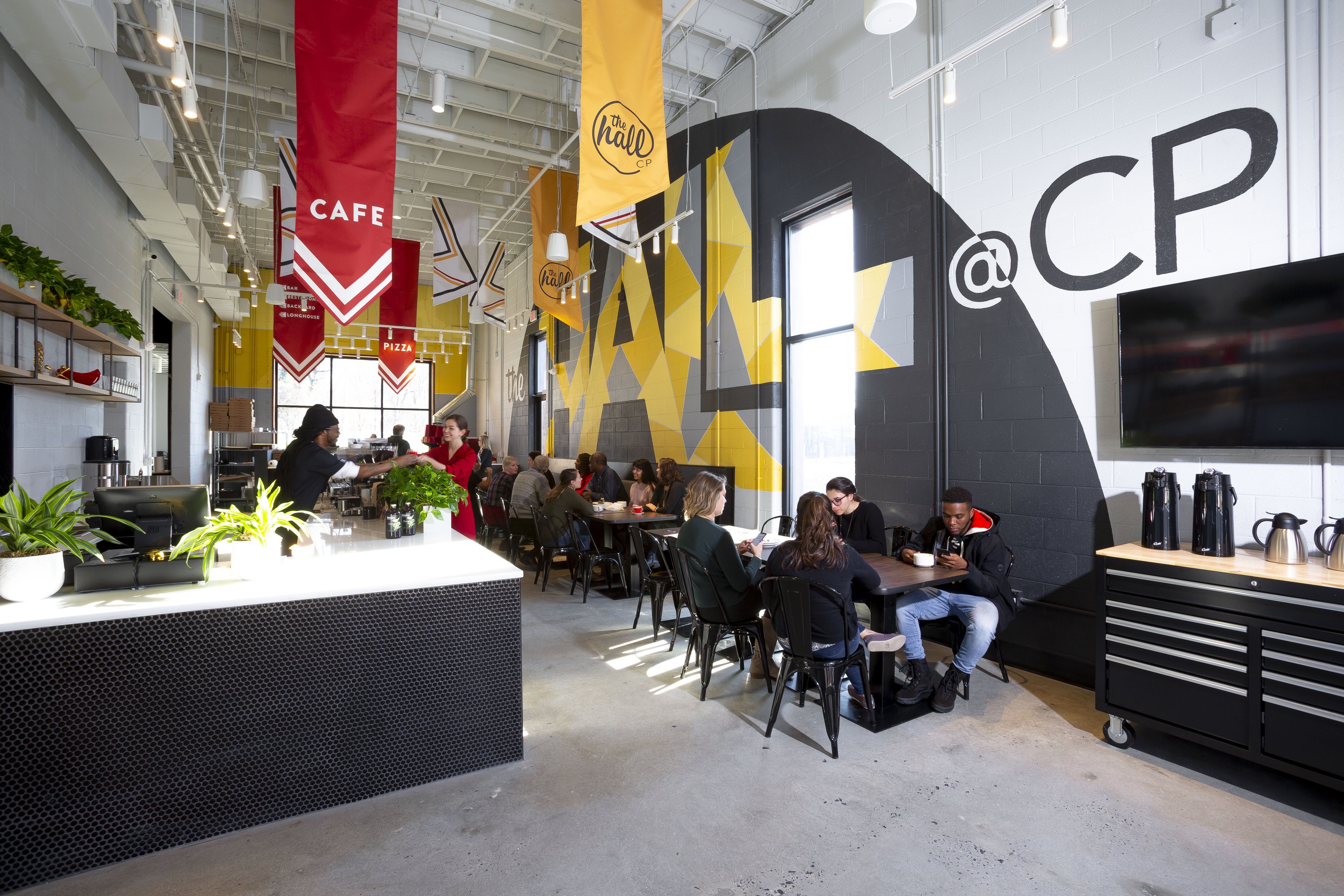|
Science on Tap
A monthly lecture series at UMD that explores the latest discoveries in science and technology in a relaxed atmosphere with food and drink
The Gulf Stream: Barrier, Blender...or Breadmaker?


Jacob Wenegrat
Assistant Professor of Atmospheric & Oceanic Science, University of Maryland
Tuesday, November 15, 2022
Doors open at 6 p.m.
Lecture begins at 6:30 p.m.

The Hall CP
4656 Hotel Drive
College Park, MD 20742
The event venue operates independently of the restaurant, so food and beverage options are limited during this event. Guests can purchase 2 slices of pizza and an unlimited soft drink for $15 at the door. Beer and wine will also be available for purchase.
Questions? Contact Abby Robinson
at abbyr@umd.edu or 301-405-5845.
Subscribe to Receive Science on Tap Emails
This event is sponsored by the UMD College of Computer, Mathematical, and Natural Sciences and its Alumni Network.
About the Talk
The Gulf Stream carries more water than all the rivers on Earth combined, transporting heat
from low latitudes northward and serving as the boundary between the north Atlantic Ocean
gyres. Sailors have recognized its importance for hundreds of years—dubbing it the ‘Storm King’
and ‘Weather Breeder’—although the understanding of its dynamics was only developed in the
latter half of the 20 th century. In this talk, I will cover the basic physics of why there is a Gulf
Stream in the first place, its importance in the mid-Atlantic Ocean circulation, and whether it
can ‘shut down’ as often catastrophized in popular media. The results of a recent
oceanographic field study using multiple research vessels and autonomous platforms will also
be surveyed, with a focus on how small, but intense, ‘ocean storms’ can lead to mixing across
the Gulf Stream’s north wall, a newly identified aspect of the circulation that may play an
important role in the ocean’s biological productivity in this region.
About the Speaker
Jacob Wenegrat is a physical oceanographer and an assistant professor in the Department of
Atmospheric & Oceanic Science at the University of Maryland. His research focuses on the
geophysical fluid dynamics of the ocean submesoscale—horizontal scales where both planetary
rotation and nonlinearity are important—with recent work on flow-topography interaction,
multi-scale ocean dynamics, and air-sea interaction. Jacob is an associate editor for the Journal
of Physical Oceanography, a member of the US CLIVAR Process Study & Model Improvement
Panel, and a member of the science team for the NASA Earth Venture Suborbital Sub-Mesoscale
Ocean Dynamics Experiment. He has a Ph.D. in oceanography from the University of
Washington. More info about his work and group can be found at wenegrat.github.io. |








